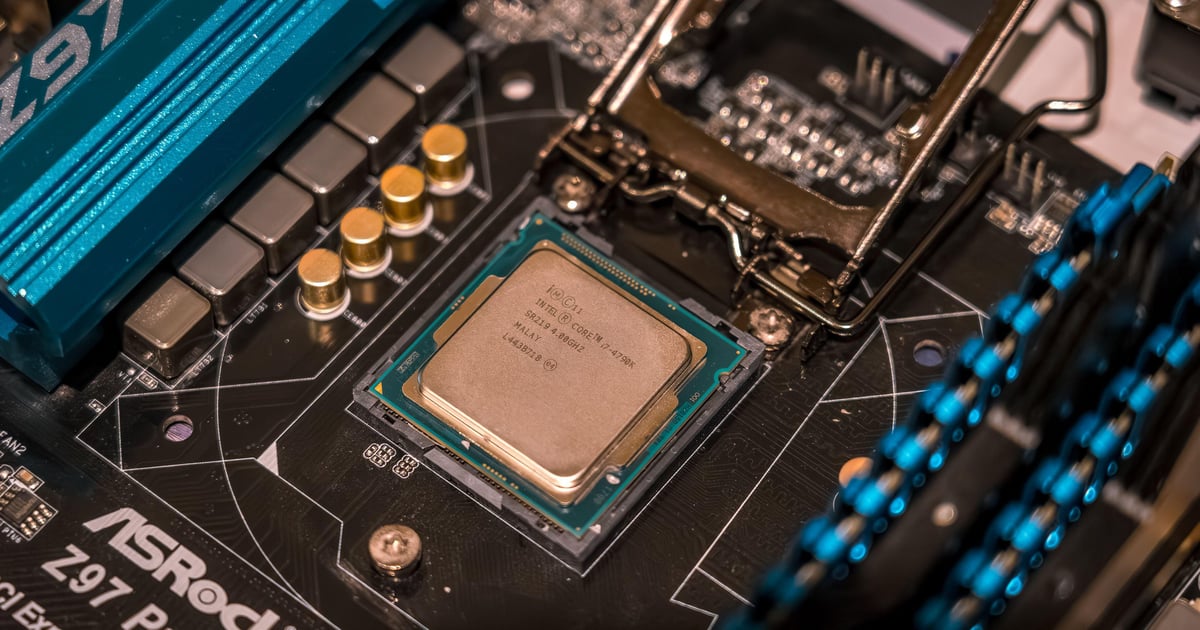
June 20, 2024 at 05:10PM
A critical vulnerability, CVE-2024-0762 “UEFIcanhazbufferoverflow,” affecting Intel processors has been detailed by Eclypsium researchers. The flaw in UEFI firmware may allow attackers to gain unauthorized access and execute malicious code. The widespread impact on various PC models running SecureCore firmware adds complexity to patching efforts, leaving organizations vulnerable until fixes are implemented.
The meeting notes primarily discuss a newly discovered vulnerability in Intel processors, specifically affecting certain versions of Phoenix Technologies’ SecureCore Unified Extensible Firmware Interface (UEFI) firmware, known as CVE-2024-0762 or “UEFIcanhazbufferoverflow.”
The vulnerability was first identified by Eclypsium researchers in Lenovo ThinkPad X1 Carbon 7th Gen and X1 Yoga 4th Gen laptops. It arises from an unsafe call to the GetVariable() runtime service, potentially allowing an attacker to overflow the system and execute code, posing a significant risk given the widespread usage of Intel processors and SecureCore firmware across various PC models.
UEFI and BIOS have historically been attractive targets for attackers due to their privileged status in controlling system boot processes, making it a preferred location for establishing persistence and bypassing security programs. However, the complexity of the exploit and the need for prior access to the targeted machine somewhat mitigate its severity.
The process of patching the vulnerability is complicated as it requires customized fixes for different versions of UEFI code and may take time for vendors to deploy, leaving organizations using Intel-powered computers exposed until patches are fully implemented.
Overall, the meeting notes highlight the urgent need for comprehensive, coordinated responses from stakeholders across the supply chain to address the vulnerability’s impact on a wide range of PC models.